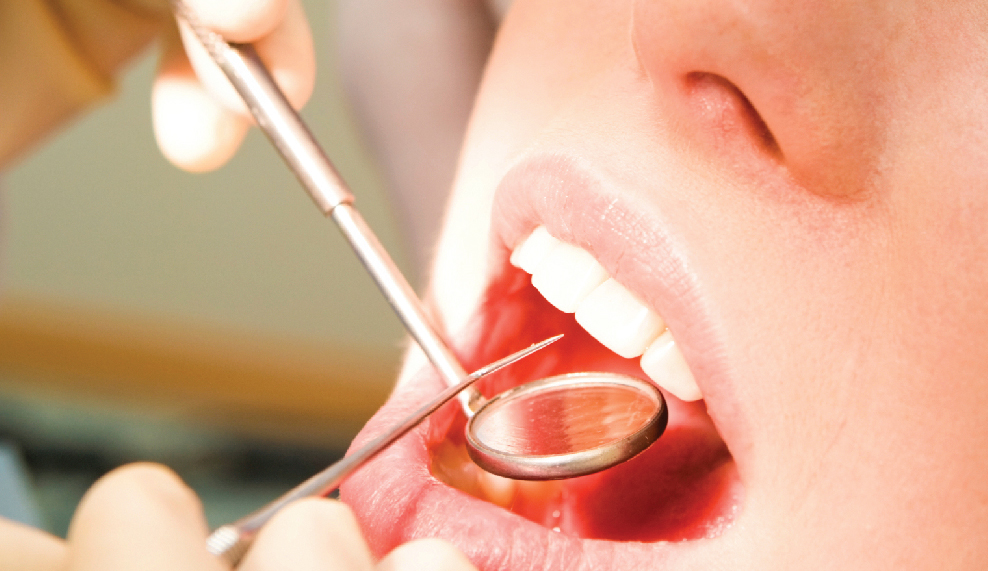Mouthwash
Mouthwashes are useful for reaching areas of the mouth that are missed by brushing and flossing. There are a variety of mouthwashes and rinses available to enable customers to use the most appropriate product for their needs.
Some contain an antiseptic, such as chlorhexidine or cetylpyridinium chloride, to fight bacteria and help reduce gum inflammation. Examples: Colgate Pro Gum Health 0.2% Antiseptic Mouthwash, Gengigel Mouthrinse, Oraldene, Corsodyl.
Mouthwashes often contain alcohol and are not suitable for children, although alcohol-free versions are also available in certain brands.
Some mouthwashes freshen breath by masking odour with a strong flavour such as mint, while others help whiten teeth or are designed for people with sensitive teeth. Examples: Listerine Stay White, Colgate Plax Sensitive Mouthwash.
Fluoride-containing mouthwashes can help tackle tooth decay. They are not normally suitable for children under six years. It is best to use them at a different time to daily tooth brushing. Examples: Colgate Fluorigard, Dentyl Active.
Dental check-ups
These are very important as they allow the dentist to monitor the health of the mouth. If carried out on a regular basis, they help to detect problems at an early stage and allow prompt treatment. How often a checkup is needed depends on a person's general dental health. Customers with no oral problems may only need to see their dentist every 12 to 24 months. It is recommended that children have check-ups on a more regular basis.

Regular dental check-ups are a must for healthy teeth
Reflection point
What are the main elements of good oral hygiene and the associated products you could recommend?
